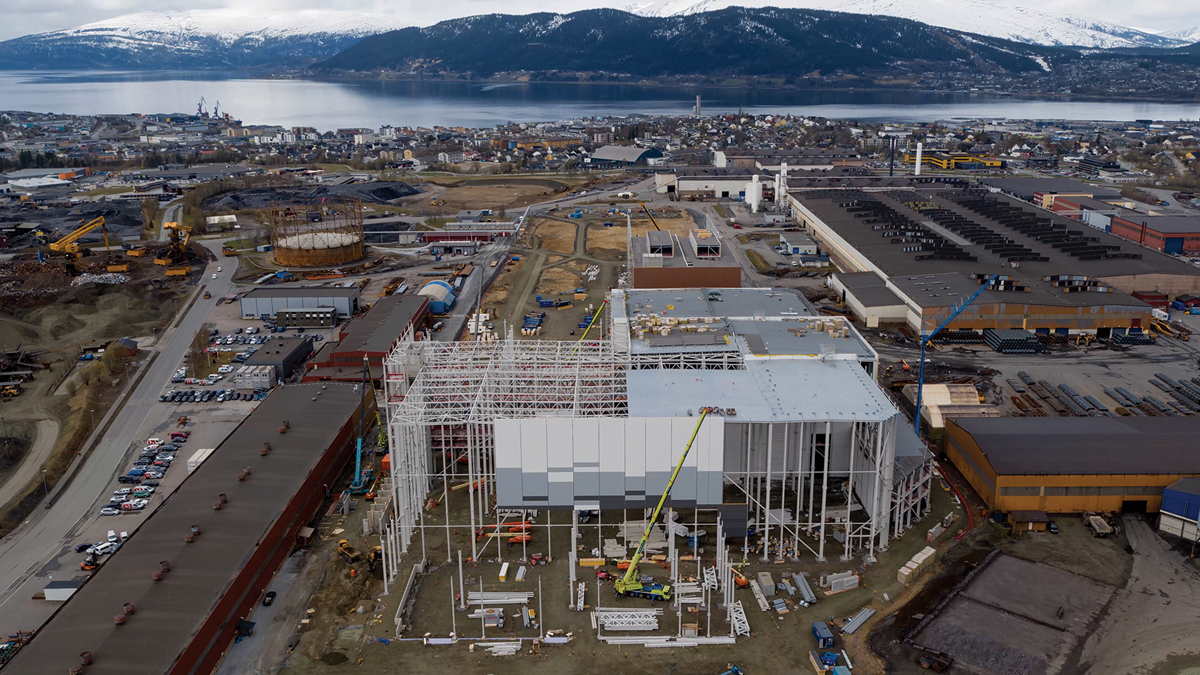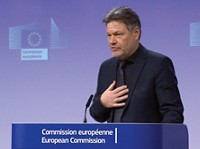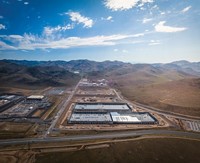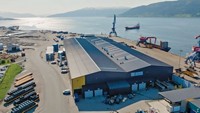Advertisement
Grab your lab coat. Let's get started
Welcome!
Welcome!
Create an account below to get 6 C&EN articles per month, receive newsletters and more - all free.
It seems this is your first time logging in online. Please enter the following information to continue.
As an ACS member you automatically get access to this site. All we need is few more details to create your reading experience.
Not you? Sign in with a different account.
Not you? Sign in with a different account.
ERROR 1
ERROR 1
ERROR 2
ERROR 2
ERROR 2
ERROR 2
ERROR 2
Password and Confirm password must match.
If you have an ACS member number, please enter it here so we can link this account to your membership. (optional)
ERROR 2
ACS values your privacy. By submitting your information, you are gaining access to C&EN and subscribing to our weekly newsletter. We use the information you provide to make your reading experience better, and we will never sell your data to third party members.
Energy Storage
Europe backs battery material projects
Some firms say the region’s governmental support pales in comparison to US subsidies
by Matt Blois
July 20, 2023
| A version of this story appeared in
Volume 101, Issue 24

The European Commission has awarded more than $200 million in grants to several battery material projects in Europe. The funding is an effort to boost local battery manufacturing, but some firms have been underwhelmed by government support for European battery projects compared with the generous subsidies in the US Inflation Reduction Act (IRA).
Freyr Battery will receive a $112 million grant to fund its battery project in Norway. Vianode will receive a $101 million grant for a Norwegian facility that will produce synthetic graphite, used to make battery anodes. Additional grants will support BASF’s battery recycling project in Spain and Lignode’s biobased anode facility in Finland.
The European Chemical Industry Council, a trade group, wants European governments to go further. In July, the group warned that without additional government support, Europe won’t be able to compete with the US for clean technology projects.
In a May earnings call, Freyr executives told investors that the company was restricting the pace of spending on its Norwegian battery project, called Giga Arctic, until it was clear how much support the project would receive from the Norwegian government and the European Union. “The Norwegian response to the IRA is critical to ensuring Giga Arctic global competitiveness,” Freyr’s chief financial officer, Oscar Brown, said on the call.
Meanwhile, Freyr says clear support through the IRA is allowing the company to accelerate its battery manufacturing project in the US.
Strong US subsidies won’t spell the end of the European battery industry, says Paddy Ryan, assistant director for European energy security at the Atlantic Center’s Global Energy Center, a think tank.
Ryan says companies will want local factories to avoid shipping battery materials across an ocean, but they’re hoping the IRA will push Europe to offer more support.
“There’s a level of theater going on. Companies aren’t necessarily relocating,” he says. “They’re just trying to get the best deal that they possibly can before committing to a project.”





Join the conversation
Contact the reporter
Submit a Letter to the Editor for publication
Engage with us on Twitter